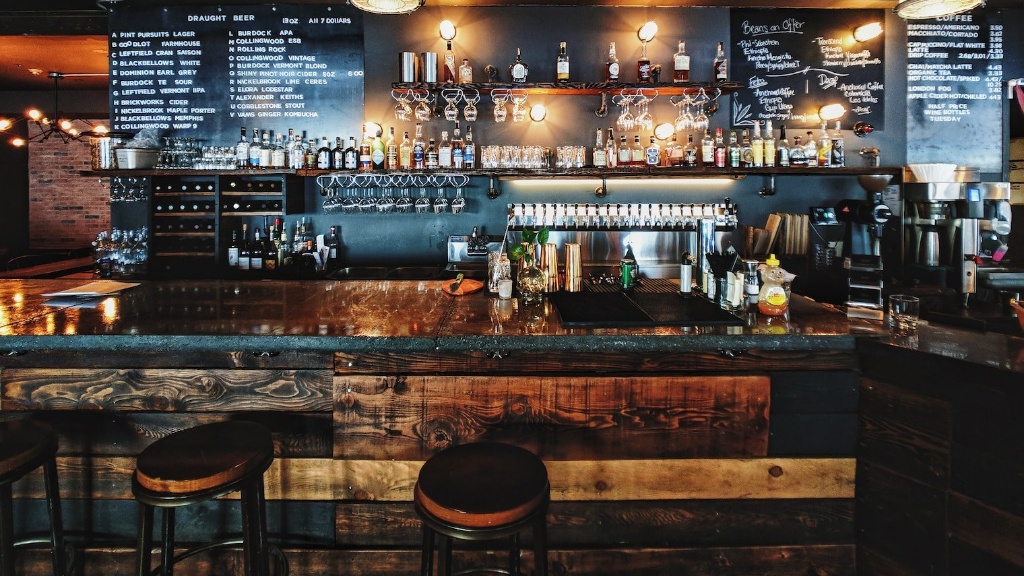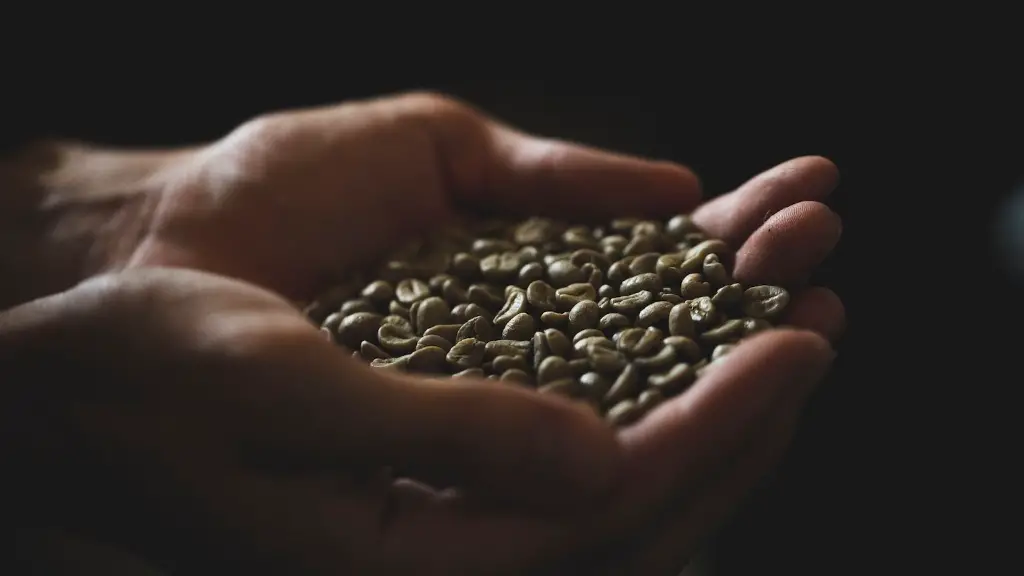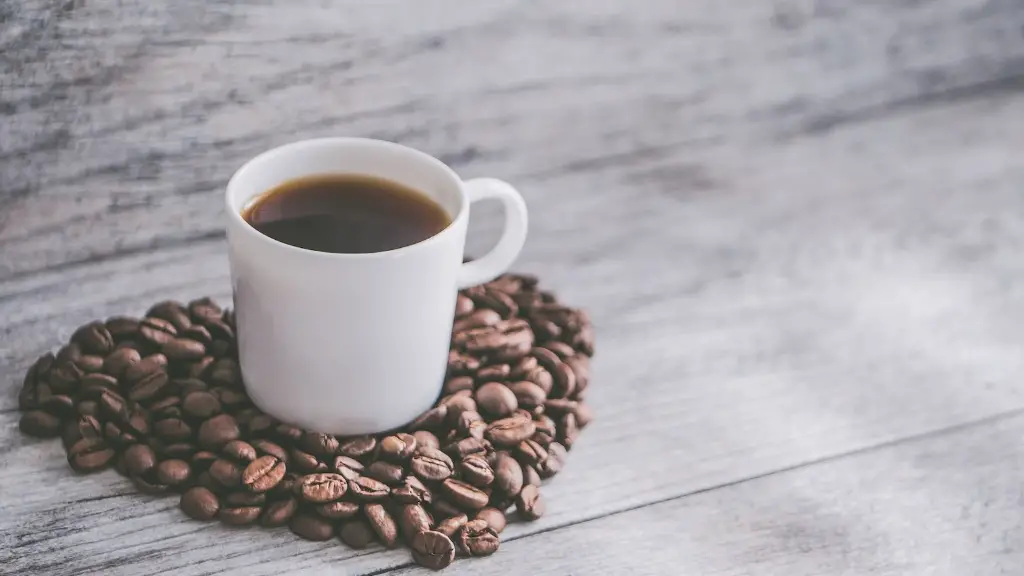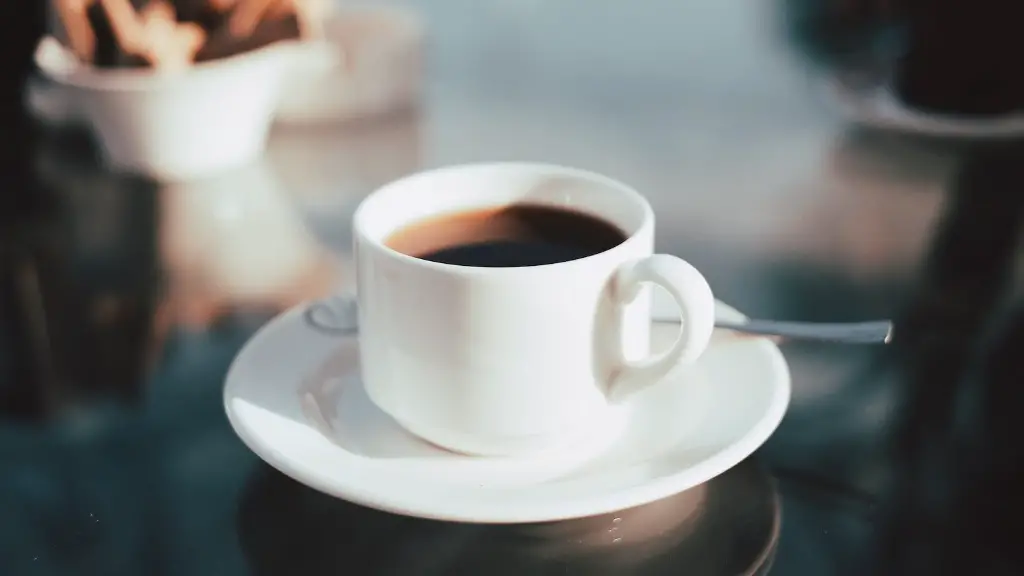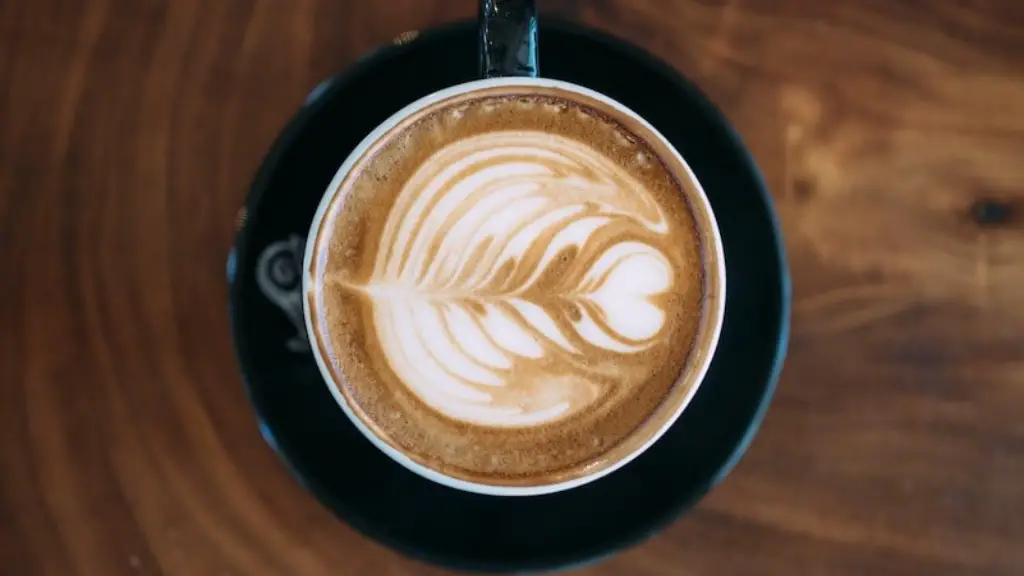Many people consider coffee a morning ritual but there is no definitive answer for when the best time to drink coffee. Some experts believe it is beneficial to enjoy a cup of coffee any time of day, while others dispute this and claim it should be strictly limited to mornings.
Although there is no definitive answer it is generally agreed that drinking coffee in the mornings is the ideal time. Part of the reason why is that it provides the chance to enjoy a hot beverage and appreciate its taste and aroma. To achieve the most out of the coffee drinking experience, it should be enjoyed first thing in the morning as a means of warding off sleepiness associated with early morning fatigue.
An additional argument is that coffee has stimulating effects that can be beneficial for working or doing an activity. Research has shown that coffee can help increase alertness, focus attention and boost concentration. Therefore, those aiming to engross themselves in academic or work tasks would benefit from drinking coffee just prior to doing so.
However, there are two main points to remember when it comes to coffee consumption. Firstly, body clocks differ amongst people and the time of morning undertaken can vary. Secondly, caffeine has a half-life of around six hours. This means that coffee consumed later in the day can disrupt one’s sleep cycle and lead to restlessness.
In conclusion, whether morning coffee will improve focus and alertness is debatable. Some believe it isn’t a problem and it only adversely affects those who struggle to fall asleep at night. Ultimately, people should listen to their own body, to evaluate the effects of coffee on an individual basis and enjoy it at a time of day that suits them best.
Benefits associated with drinking coffee
Drinking coffee can bring about a number of health benefits. Many studies have found that coffee is linked to a range of positive physiological and psychological effects. For example, coffee contains antioxidants that may help protect the body from oxidative stress and boost the immune system.
Coffee is one of the oldest beverages known to man, having been used for over 10,000 years. From a cultural perspective, its effects have been explored and enjoyed. Its stimulating effects have long been appreciated, and it is often used as a form of relaxation or to improve mood.
Research has also found that drinking coffee can have a positive effect on cognitive performance, with it reducing the risk of cognitive decline and improving memory, alertness and reaction times. Additionally, long-term coffee consumption appears to decrease the risk of Alzheimer’s and Parkinson’s disease.
Finally, coffee drinking has also been found to have a positive impact on cardiovascular health as it reduces the risk of developing diseases such as coronary heart disease and stroke. It is also thought to reduce the risk of some forms of cancer. Research has found that it has a protective effect against some types of cancer, including liver cancer and colorectal cancer.
Negative side effects of consuming too much coffee
Drinking too much coffee can have a range of negative side effects on the body. Caffeine is a stimulant and an overconsumption can cause headaches, jitteriness and an increased heart rate. It can also cause insomnia and affect mood, leading to anxiety and elevated stress levels.
Consuming high amounts of coffee can leave people feeling dehydrated and dizzy, which can lead to difficulty in concentration. Additionally, large amounts of caffeine can trigger an upset stomach, which can cause nausea and vomiting, as well as diarrhoea.
Unfortunately, researchers have also identified that the long-term effects of caffeine consumption can be damaging. Regularly drinking a lot of caffeine can cause insomnia, muscle tremors, fibromyalgia and even cardiovascular issues. Too much caffeine can also increase the risk of developing Type 2 Diabetes and cause hormonal imbalances in women.
Another important point to remember is that, as with any drink, coffee contains calories and can cause weight gain, especially if it is consumed with added sugar or cream. While the calories in coffee are relatively low, these can still contribute to weight gain if too much is drunk.
How to consume coffee safely and healthily
Coffee is a delicious and very popular beverage that can provide many health benefits when consumed in moderation. To ensure that coffee drinkers receive the health benefits without experiencing any negative side effects, it is recommended that they limit their intake to no more than three to four cups of coffee a day.
As well as this, coffee drinkers should avoid adding sugar or using cream as a means of diluting the coffee. Rather, they should opt for sugar-free or low sugar alternatives. Additionally, coffee alternatives, such as green tea and herbal teas can be consumed to reduce coffee intake.
It is also important for coffee drinkers to be aware of the impact coffee can have on their own body. Some people may be more sensitive to the effects of coffee, so reducing the amount may be necessary if it causes any negative side effects.
Conclusion of the specifics of coffee
Coffee is a popular beverage and its effects are both physical and psychological. It can provide a range of health benefits, such as improved cognitive performance and protection against some forms of cancer. However, it is important to remember that drinking too much coffee can have negative side effects and should be consumed in moderation.
The best time to drink coffee is a matter of personal preference. Some like to enjoy it in the morning as part of their routine, while others drink it later in the day to energise themselves. Ultimately, it is up to the individual to determine when the best time to drink it is.
Different brewing processes for coffee
Coffee can be brewed in many different ways and the process can have a huge impact on the flavour of the drink. Different brewing processes will create variants in caffeine content, flavour, aroma and texture.
Common methods of brewing coffee include espresso, filter, French press, cold brew and pour over. Each of these processes has its own unique characteristics and extraction methods, ranging from using high pressure and heated water to cold extraction and infusion.
Espresso is a strong, bold coffee, made using pressurised hot water. This method of brewing is used to make coffee-based beverages, such as cappuccinos, lattes and macchiatos. Filter coffee is made by pouring hot water over coffee grounds that are sitting in a filter filter. The water is filtered through the grounds, extracting the flavours and creating a milder coffee.
The French press is a method of coffee brewing used to extract oils from coffee beans by pressing them. Hot water is poured over ground coffee in a French press and a plunger is used to push the grounds to the bottom, trapping the flavours in the liquid. Cold brew coffee is made by steeping ground coffee in cold water for a longer period of time. This process produces a more flavourful coffee as the grounds are exposed to cooler water.
Finally, pour over is a very simple method of making coffee and involves pouring hot water over ground coffee using a specific instrument. This process can be done manually, allowing users to control the rate and amount of water that goes into the coffee.
Different types of coffee
There are many different types of coffee drinks and it can often be difficult to decide which one to choose. Common types of coffees include espresso, cappuccino, macchiato, latte, mocha and Americano.
Espresso is a strong, highly concentrated shot of coffee made from finely ground beans and hot water. Cappuccino is made from espresso, steamed milk and milk foam, making for a very creamy, sweet drink. Macchiato is made from a shot of espresso and a small amount of steamed milk and foam, producing a drink that is less creamy than cappuccino.
Latte is similar to a cappuccino but is made using more steamed milk and less foam. Mocha is a combination of espresso, steamed milk, chocolate and whipped cream. Americano is a stronger version of an espresso, made from a shot of espresso diluted with hot water.
In conclusion, there is a huge variety of coffee drinks available, each with its own unique characteristics. For those looking for a stimulating beverage, coffees made from espresso are a good choice. Those who prefer a creamier, sweeter drink can opt for drinks such as cappuccinos, lattes and mochas.
